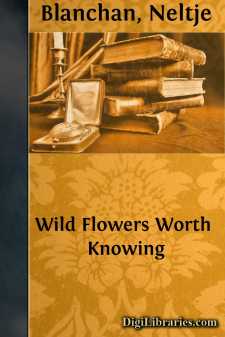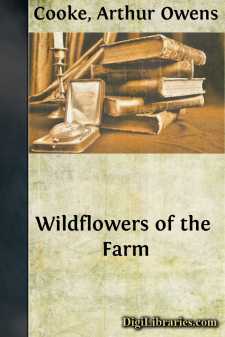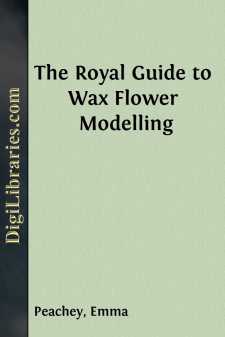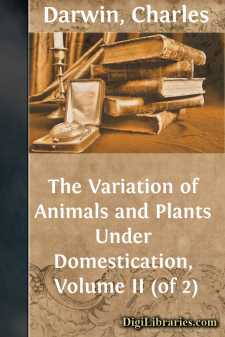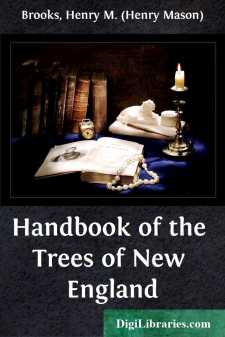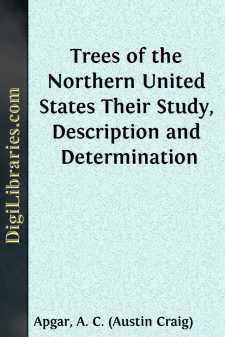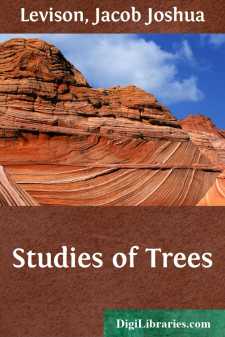Nature
Nature Books
Sort by:
by:
Neltje Blanchan
WILD FLOWERS WATER-PLANTAIN FAMILY (Alismaceae) Broad-leaved Arrow-head Sagittaria latifolia (S. variabilis) Flowers—White, 1 to 1-1/2 in. wide, in 3-bracted whorls of 3, borne near the summit of a leafless scape 4 in. to 4 ft. tall. Calyx of 3 sepals; corolla of 3 rounded, spreading petals. Stamens and pistils numerous, the former yellow in upper flowers; usually absent or imperfect in lower...
more...
CHAPTER I INTRODUCTION I think that some of you have been with me at Willow Farm before to-day. When we were there we went into the farmer's fields in early spring, and saw the men and horses at work with ploughs and harrows. A little later on we saw some of the crops sown, such as barley and turnips. In summer we were in the hay-and corn-fields, and later still we saw the ricks being made. To-day...
more...
by:
Emma Peachey
PREFACE. The Editor of this work, by Her Majesty's Artiste, Mrs. Peachey, fairly entitled the Royal Guide to Wax Flower Modelling, would fain leave the introduction, written by the same hand which rivals nature in her varying adornments, to unfold its historic, its poetic, its moral, and its suggestive graces—for it combines these; but having accepted the part, without which, since the days of...
more...
by:
Charles Darwin
The subject of inheritance is an immense one, and has been treated by many authors. One work alone, 'De l'Hérédité Naturelle,' by Dr. Prosper Lucas, runs to the length of 1562 pages. We must confine ourselves to certain points which have an important bearing on the general subject of variation, both with domestic and natural productions. It is obvious that a variation which is not...
more...
PREFACE. There is no lack of good manuals of botany in this country. There still seems place for an adequately illustrated book of convenient size for field use. The larger manuals, moreover, cover extensive regions and sometimes fail by reason of their universality to give a definite idea of plants as they grow within more limited areas. New England marks a meeting place of the Canadian and...
more...
CHAPTER XII. THE MULBERRY FAMILY. "There is a fruit tree," said Miss Harson, "belonging to an entirely different family, which we have not considered yet; and, although it is not a common tree with us, one specimen of it is to be found in Mrs. Bush's garden, where you have all enjoyed the fruit very much. What is it?" "Mulberry," said Clara, promptly, while Malcolm was...
more...
PREFACE. This book has been prepared with the idea that teachers generally would be glad to introduce into their classes work dealing with the real objects of nature, provided the work chosen were of a character that would admit of its being studied at all seasons and in all localities, and that the subject were one of general interest, and one that could be taught successfully by those who have had no...
more...
Chapter I How To Identify Trees There are many ways in which the problem of identifying trees may be approached. The majority attempt to recognize trees by their leaf characters. Leaf characters, however, do not differentiate the trees during the other half of the year when they are bare. In this chapter the characterizations are based, as far as possible, on peculiarities that are evident all year...
more...
A Story of Some Maples This is not a botanical disquisition; it is not a complete account of all the members of the important tree family of maples. I am not a botanist, nor a true scientific observer, but only a plain tree-lover, and I have been watching some trees bloom and bud and grow and fruit for a few years, using a camera now and then to record what I see—and much more than I see, usually! In...
more...
INTRODUCTION. There is no island in the world, Great Britain itself not excepted, that has attracted the attention of authors in so many distant ages and so many different countries as Ceylon. There is no nation in ancient or modern times possessed of a language and a literature, the writers of which have not at some time made it their theme. Its aspect, its religion, its antiquities, and productions,...
more...


